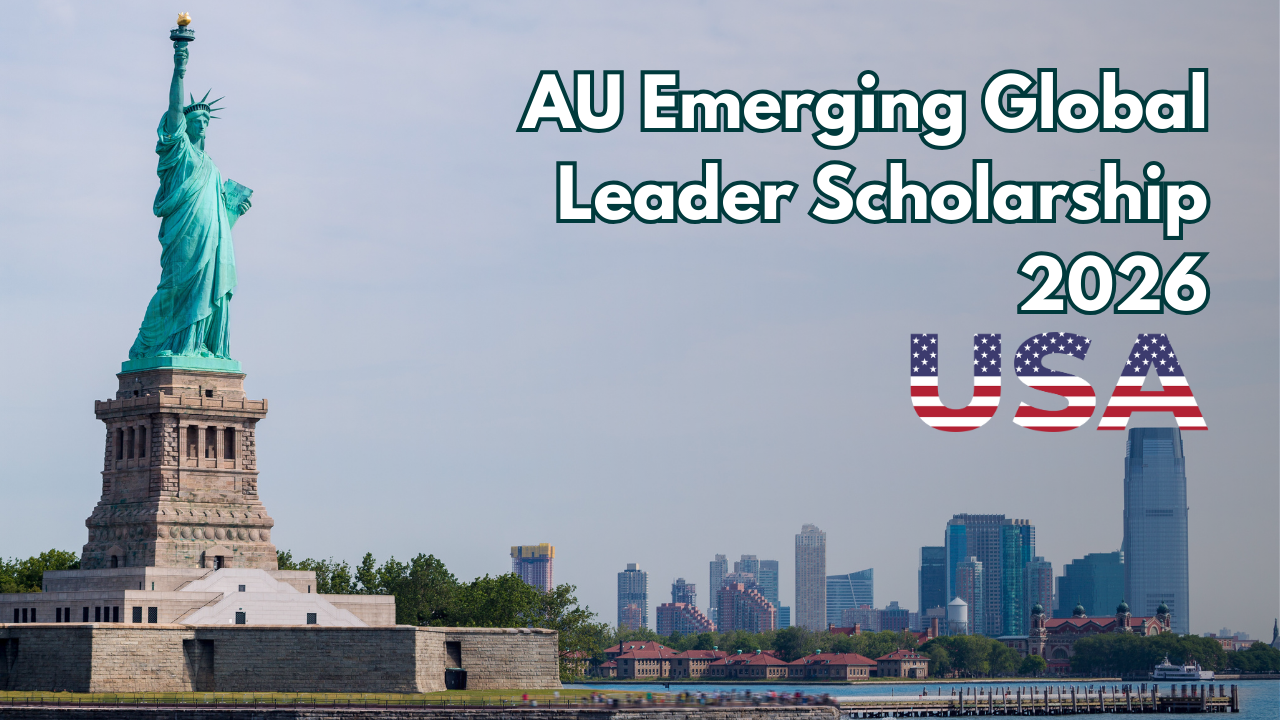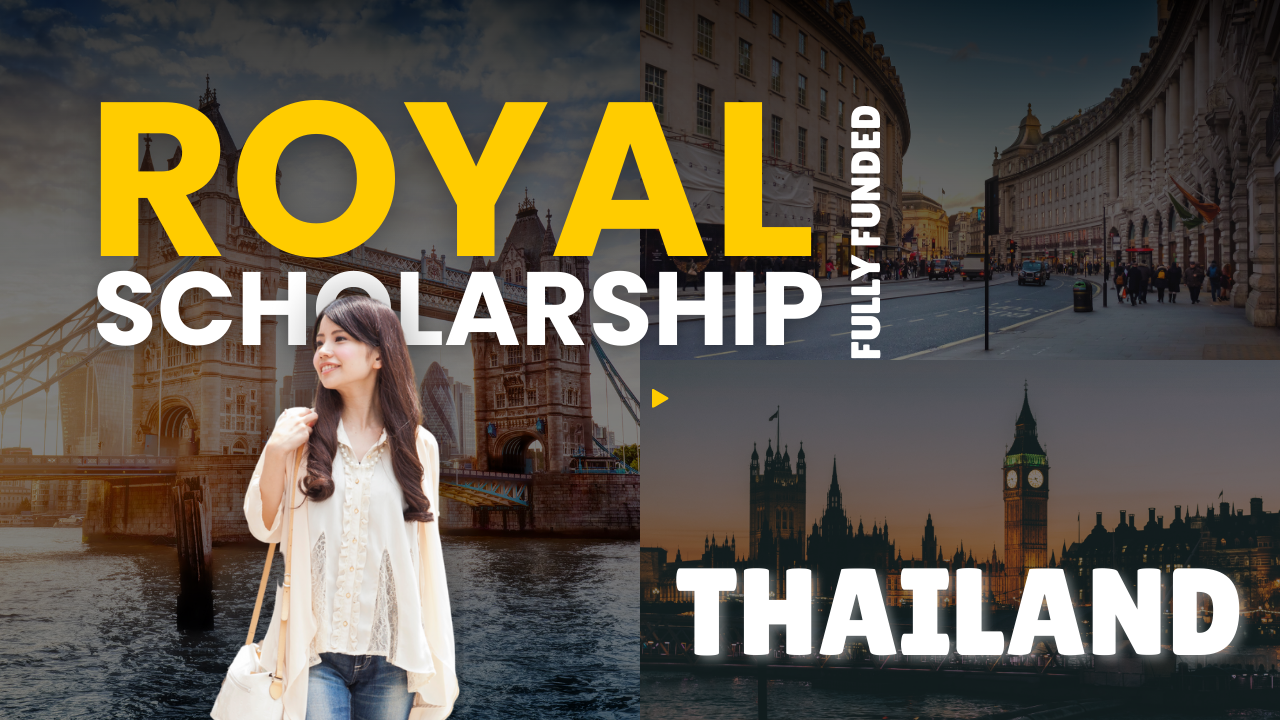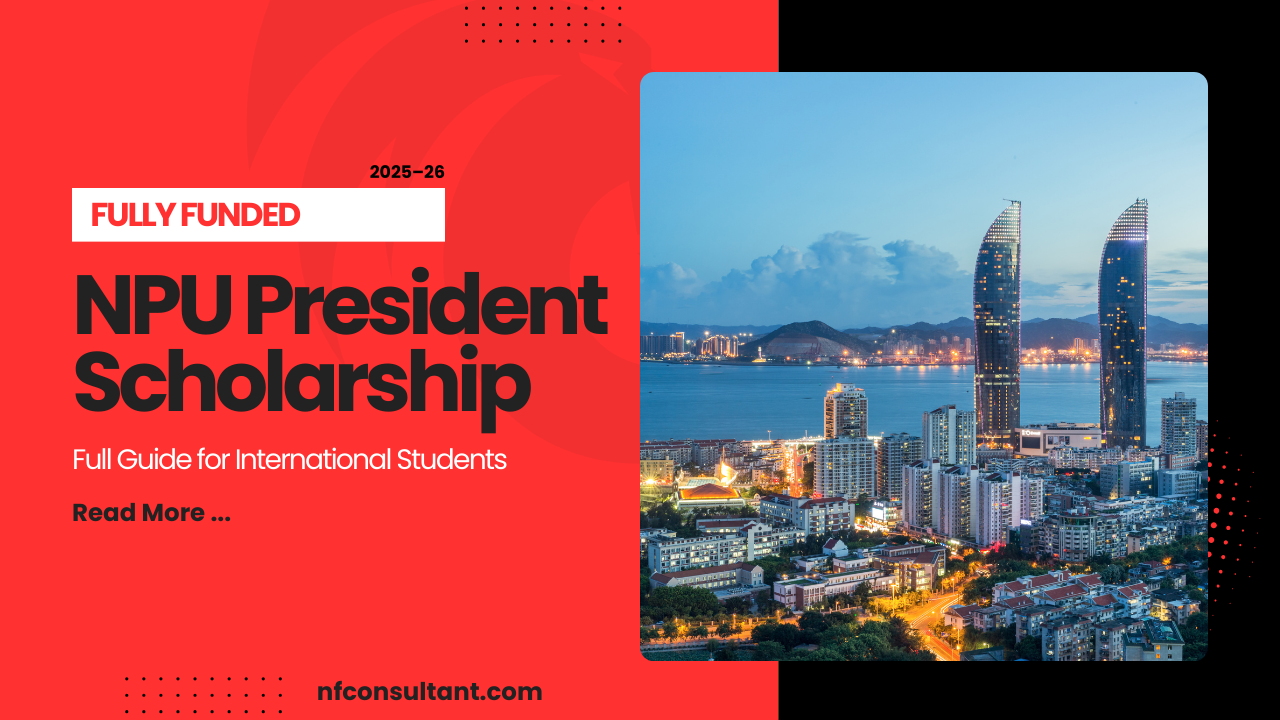Are you an international student dreaming of pursuing a Master’s or PhD degree abroad with full financial support? The Heilongjiang University CSC Scholarship 2026 in China offers a world-class education with complete funding covering tuition, living expenses, accommodation, and insurance. With strong research environment and vibrant campus life, Heilongjiang University is rapidly emerging as a top choice for global scholars.
In this comprehensive guide, you’ll find everything you need to know about the Heilongjiang University CSC Scholarship from eligibility and benefits to application tips and deadlines.
What Is the Heilongjiang University CSC Scholarship?
The Heilongjiang University CSC Scholarship is part of the Chinese Government Scholarship (CSC) program a fully funded initiative by the Chinese Ministry of Education administered by the China Scholarship Council. It enables outstanding international students to pursue postgraduate degrees in China without financial burden.
This scholarship covers Master’s and PhD degrees and offers full financial support, including tuition, accommodation, monthly stipend, and medical insurance.
Heilongjiang University, located in Harbin the capital of Heilongjiang Province in Northeast China is one of the key comprehensive universities participating in this CSC program.
Who Can Apply? Eligibility Criteria for Heilongjiang University CSC Scholarship
To qualify for the Heilongjiang University CSC Scholarship, applicants must meet a set of academic and personal eligibility criteria:
Basic Requirements:
-
Non-Chinese citizens with valid passports.
-
Must be in good physical and mental health.
-
High academic performance usually above 75% or equivalent.
-
Must not be receiving any other Chinese Government Scholarship simultaneously.
For Master’s Degree Applicants:
-
Must hold a Bachelor’s degree from a recognized university.
-
Age must not exceed 35 years.
-
Proof of language ability:
-
Chinese-taught programs: HSK certificate (minimum required level as specified).
-
English-taught programs: English proficiency (e.g., IELTS, TOEFL), though in many cases a formal test score may or may not be strictly required depending on the department.
-
For PhD Applicants:
-
Must hold a Master’s degree or equivalent.
-
Age must not exceed 40 years.
Heilongjiang University CSC Scholarship Benefits
One of the key reasons this scholarship is highly competitive is due to the extensive financial support students receive. Below are the major benefits:
1. Full Tuition Fee Waiver
Successful applicants pay zero tuition fees for the duration of their degree program.
2. Free Accommodation
On-campus housing is provided at no cost, significantly reducing living expenses.
3. Comprehensive Medical Insurance
All enrolled scholarship students are covered by China’s governmental medical insurance for the entire study period.
4. Monthly Living Stipend
Recipients receive a monthly allowance to support daily expenses:
-
Master’s students: RMB 3,000 per month
-
PhD students: RMB 3,500 per month
This financial support enables students to focus on academics and research without worrying about financial constraints.
Available Programs and Fields of Study
Heilongjiang University CSC Scholarship offers a wide range of Master’s and PhD programs under the CSC scholarship, including but not limited to:
Master’s Level (2-3 years):
-
Tourism Management
-
Comparative Literature
-
Applied Economics
-
Business Administration
-
Law
-
Finance
-
Linguistics
-
Computer Science and Technology
-
Education Ethics
PhD Level (3-4 years):
-
Inorganic Chemistry
-
Organic Chemistry
-
Resource Chemistry
-
Polymer Chemistry and Physics
-
Water Conservancy Projects
-
Physical Chemistry
The exact availability of programs may vary from year to year. Generally, Heilongjiang University offers options across humanities, sciences, engineering, economics, and business disciplines under the CSC scholarship.
Required Application Documents
To apply successfully, candidates must prepare a set of mandatory documents. These typically include:
Essential Documents:
-
Completed CSC Application Form
-
Filled online and printed from the official CSC system.
-
-
Acceptance University Form
-
Sometimes required by the university after online submission.
-
-
Valid Passport Copy
-
Clear copy of passport ID page.
-
-
Highest Academic Certificates and Transcripts
-
Bachelor’s for Master’s applicants, Master’s for PhD.
-
-
Study Plan or Research Proposal
-
Typically 1000+ words outlining academic goals and research objectives.
-
-
Letters of Recommendation (2+)
-
From professors or academic supervisors.
-
-
Language Certificates
-
HSK for Chinese-taught programs OR English proficiency for English-taught programs.
-
-
Physical Examination Record (Foreigner)
-
Standard medical check-up report.
-
-
No Criminal Record Certificate
-
Police clearance certificate from your home country.
-
-
CV / Resume
-
Academic and professional overview.
All documents not in Chinese or English must be translated and notarized.
Application Process & Steps for Heilongjiang University CSC Scholarship
1. Register on CSC Online System
Visit the official Chinese Government Scholarship portal (Study in China) and complete your profile.
-
Select Type B (apply directly to university).
-
Use Agency Code: 10212 for Heilongjiang University.
2. Submit Required Documents
Upload all supporting documents and ensure they meet the format and language requirements.
3. University Application
After CSC submission, you may also need to register on Heilongjiang University’s international admissions portal and submit required documents there.
4. Wait for Review
The scholarship committee evaluates the applications based on academic merit, study plan quality, recommendations, and other factors.
5. Receive JW201 and Visa
Successful applicants will receive the JW201 (Visa Application for Study in China), which is necessary for applying for the X1 student visa at a Chinese Embassy or Consulate.
Important Deadlines
The approximate deadline for 2026 intake applications is 28 February – 15 March 2026, depending on whether you submit through CSC or the university portal.
It’s strongly recommended to complete both CSC and university applications well before this deadline because late submissions are typically not accepted.
Tips to Improve Your Chances
Here are practical tips to strengthen your application:
1. Start Early
Begin preparing documents months in advance to avoid last-minute issues.
2. Create a Strong Research Proposal
Your study plan or research proposal should clearly outline your academic goals and why Heilongjiang University is the right choice.
3. Secure Strong Recommendation Letters
Letters from academic mentors who know your potential can highly influence selection outcomes.
4. Focus on Language Proficiency
For Chinese-taught programs, obtaining the requisite HSK certificate early improves chances.
5. Meet All Requirements
Ensure that all documents are complete, translated, and notarized where required.
Why Choose Heilongjiang University CSC Scholarship? Key Advantages
1. Cultural & Academic Hub
Located in Harbin, a culturally vibrant city with global festivals and strong academic resources, Heilongjiang University offers an exciting study environment.
2. Research Opportunities
The university has numerous faculties and research centers, supporting both theoretical and practical innovation.
3. International Community
International students from various countries study here, creating a multicultural and supportive campus life.
4. Career Prospects
Graduates from Chinese universities increasingly find opportunities in academia, industry, and global research fields.
Conclusion
The Heilongjiang University CSC Scholarship 2026 is a fully funded, prestigious scholarship offering a gateway to world-class education in China for international students. From waived tuition and accommodation to monthly stipends and medical insurance, this program is an exceptional opportunity to study abroad without financial burden.
If you meet the eligibility requirements, prepare your documents carefully and apply early to maximize your chances. Whether you aim to pursue research, contribute to global knowledge, or build a rewarding career, this scholarship can be your first step toward success.
Other China Scholarships: Visit Here
ANSO China Scholarships:Visit Here
Hungary Scholarships:Visit Here
Also visit nfconsultancy for more blogs or informations





